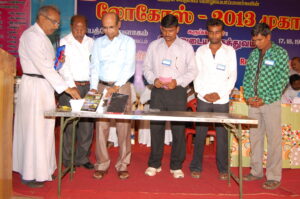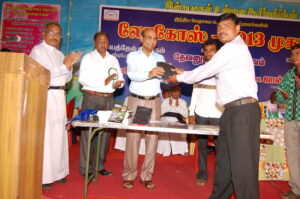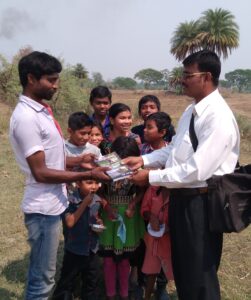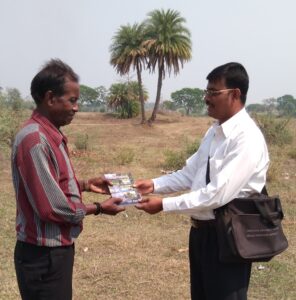Kalahandiya Project
HISTORY
When India became independent, the district Kalahandi joined United India on 1. 1. 1948. On 1st November 1949, the two districts namely Patna Balangir and Berhempur were combined to form one separate district. At the same time Nuapada, a portion of Sambalpur, was joined along with Kalahandi. When this area was under the rule of a king in 1930, the ‘west Indravati project’ was formulated. But because this district joined United India in 1948, this project was not implemented. In 1978 this project was approved and the work was started. In the years 1960 and 1980 there were many deaths in this district because of drought, selling of children, lack of nutritious food and poverty. Though the government officials visited this area between 1980 and 2010, long standing plans such as higher education, national highways, railways, industries etc were carried out only to a small extent. The growth did not see full development. From the year 2000 the Indravati water storage projects are of great help for farming and cultivation in two seasons. Now it is supplying the electricity power to different parts of Odisha and West Bengal.
The population that communicates in the Kalahandiya language is approximately 2.5 million, residing primarily in the Kalahandi and Niyapara districts. The tribal groups include the Kangda, Porja, Parjara, Padra, Pakoriya, and Sayonra. Additionally, individuals from the backward community are represented by the Thamba, Kavi, Samar, Thoba, Mohar, Belthar, Mangali, Gawda, Bayk, Maharpadi, Banga, Kulatta, Pulia, Bairai, Kumbar, Theli, Maali, Surthi, and Pandari. Furthermore, the region is also home to Brahmins, Karnam, Muslims, Christians, and Sikhs, all of whom communicate in the Kalahandi language. The literacy rate of Kalahandi district in Odisha is 59.22%. This includes 71.9% male literacy and 46.68% female literacy. The Christian population is 0.71%
Occupation of the Kalandiya People:
Kalahandi district is renowned for its diamond stones and possesses fertile soil conducive to agriculture. The local economy is significantly reliant on forest resources. While the inhabitants are involved in a variety of occupations, agriculture remains their primary source of livelihood.
Food habits of the Kalahandiya People:
The community has a strong preference for a beverage known as ‘Makul,’ which is an intoxicating drink. Additionally, there are individuals within the district who are addicted to smoking. The staple food items consumed by the residents include rice, pulses, vegetables, bread, chapati, and leafy greens.
Cultural practices
Cultural practices of the Kalahandiya People:
The significant festival observed by this community is known as ‘NUAKHAI’, which marks the harvest season. During this occasion, the people present offerings of the first fruits of their harvest to their deity. They do new attire and partake in a celebratory feast. Another prominent festival is ‘Dasara’ (Vijaya Dasami), which is celebrated with great enthusiasm. During this time, men do their traditional garments and engage in unique dances that are characteristic of their culture. This cultural event is referred to as ‘Kumura’. As these people belong to various sects, inter-caste marriages are common.
Bible Translation
Rev. Prof. S. Panner Selvam selected the translator Mr. Pitambar Mahanand for this language on 22nd November 2003 and gave missionary training in the IBT Centre, Coimbatore. Subsequently, Mr. Pitambar commenced his missionary work in the Kabobala mission field located in the state of Odisha. Then translation training was given to him in the IBT Centre and Translation advisor course in Wycliff India. Then he started the translation work in the Kalahandia language. The Gospel of Mark was released by Rev. Christian Samraj on 24th July 2005 at Tharangambadi. The New Testament was dedicated by Rev. S.C. Jeyakumar and released by IBT Founder Rev. Prof. Paneer Selvam on 18th May 2013 at IBT Logos Camp, Salem. The book of Psalms and Proverbs was released by Brother. Rajadurai on 18th May 2019 at the IBT Logos Camp, Anaikatti, Coimbatore. Currently, the entire Old Testament has been translated and Keying and Checking work are in progress in the Paratext software.
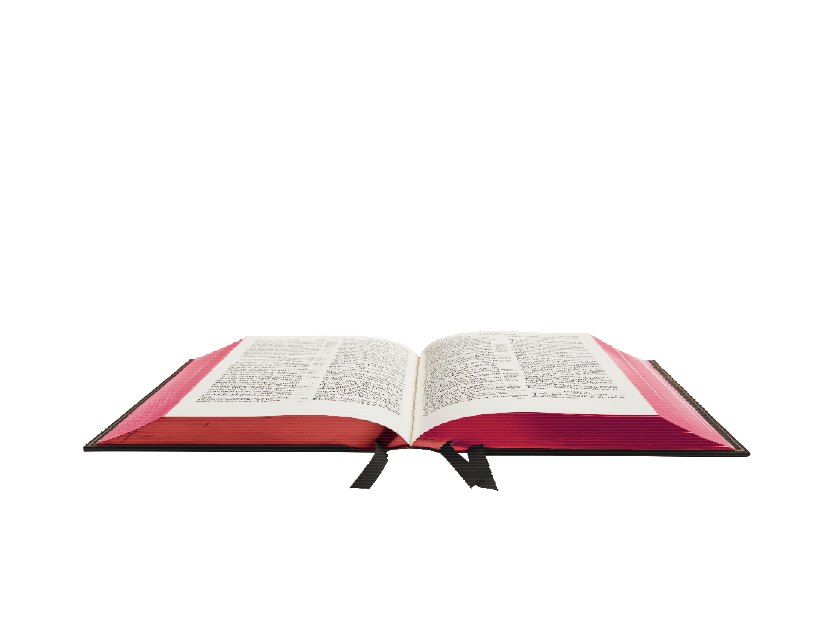
Indian Bible Translators
14 Ashok Layout,
Civil Aerodrome Road,
Coimbatore – 641 014
- 90470 57414
- 90470 57414
- 0422 - 4520123
- info@ibtword.com
- indianbibletranslators@gmail.com
- Privacy Policy
Donate now by scanning our UPI QR code
through your payment apps.

© Copyright IBT | Designed and Developed by Pixtornet

